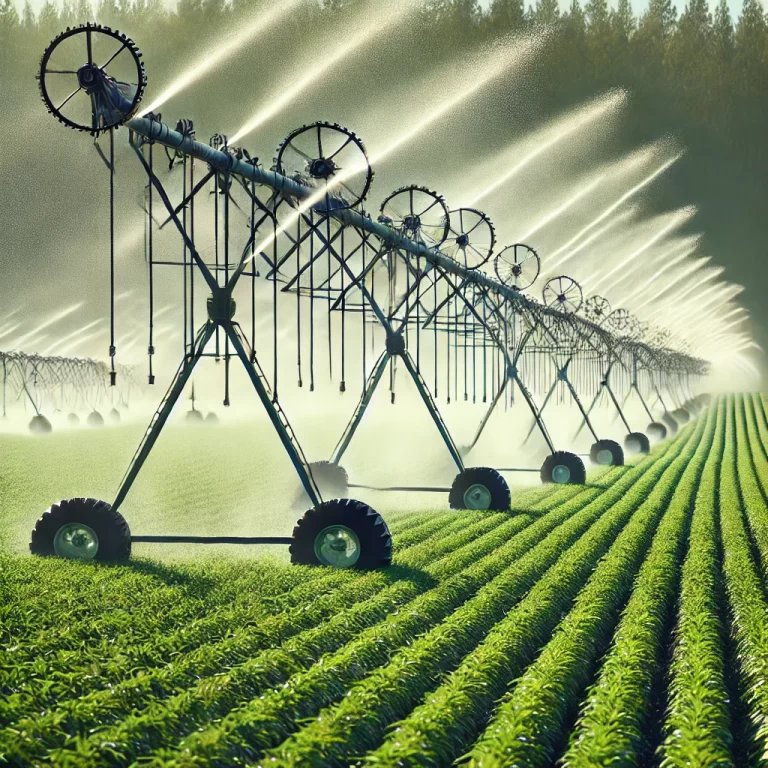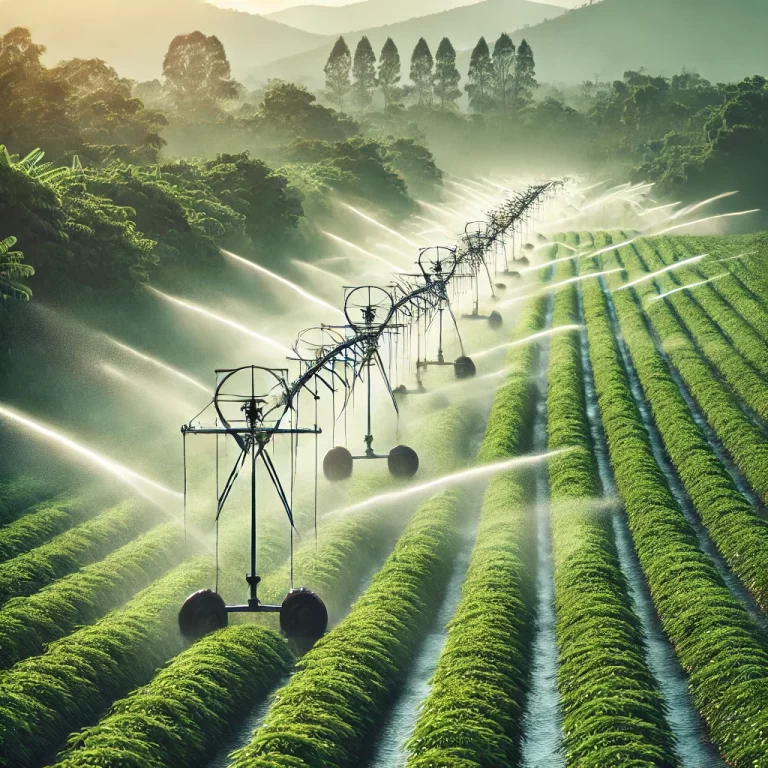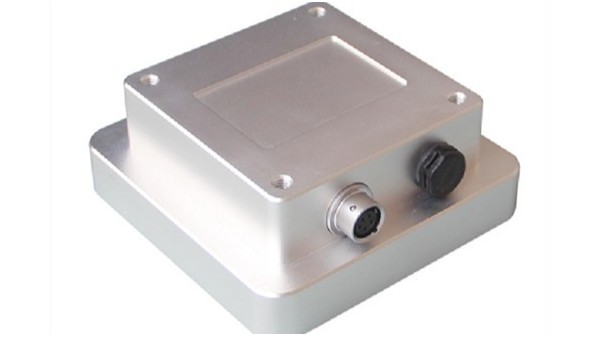In order to achieve effective control of farmland moisture, various advanced measurement technologies are widely used in agricultural irrigation systems.
Among them, radar flowmeter, as a non-contact measurement device, is increasingly attracting attention in agricultural irrigation systems. This article will discuss the specific application of radar flowmeter in agricultural irrigation systems and the advantages it brings.

Radar flowmeters use the Doppler effect principle to measure the velocity of fluids by emitting microwave signals and receiving their reflected waves. When microwaves encounter suspended particles or bubbles in the fluid, a frequency shift, known as Doppler frequency shift, occurs.
Based on this frequency shift value, the velocity of the fluid can be calculated. Since radar flowmeters have the characteristics of non-contact measurement, they are suitable for flow velocity monitoring in various complex environments.

In agricultural irrigation systems, radar flow meters are mainly used in the following aspects:
(1) Channel flow monitoring: By real-time monitoring of the water flow velocity in the channel, the water use situation in the farmland can be accurately grasped, providing a basis for the rational allocation of water resources. At the same time, problems such as channel blockage and leakage can be discovered in time to ensure the normal operation of the irrigation system.
(2) Pump station flow control: Installing a radar flow meter at the outlet of the pump station can achieve precise control of the output flow of the pump. By adjusting the operating parameters of the pump, the water supply balance in various areas of the farmland can be guaranteed to avoid poor crop growth caused by excessive irrigation or water shortage.
(3) Field moisture management: Setting up multiple radar flow meter monitoring points in the field can obtain the soil moisture conditions in different areas in real time. Combined with meteorological data and crop water demand model, a reasonable irrigation plan can be formulated for the farmland to improve the efficiency of water resource utilization.

Compared with other traditional measurement methods, radar flow meters have the following advantages in agricultural irrigation systems:
(1) Non-contact measurement: Radar flow meters do not need to be in direct contact with the measured fluid, avoiding equipment damage and increased maintenance costs caused by factors such as pollution and corrosion.
(2) High accuracy and stability: Radar flow meters have high measurement accuracy and stability, and can achieve reliable flow rate monitoring in complex farmland environments.
(3) Easy to install and maintain: The installation process of radar flow meters is simple and the maintenance workload is small. This makes it highly cost-effective in agricultural irrigation systems.
The application of radar flowmeter in agricultural irrigation system is of great significance. Through the effective monitoring and management of water in channels, pumping stations and fields, the rational use of farmland water resources can be achieved and the yield and quality of crops can be improved.
